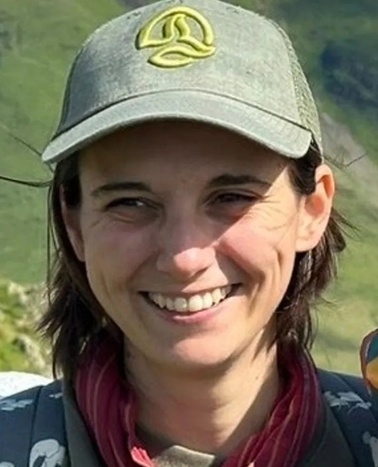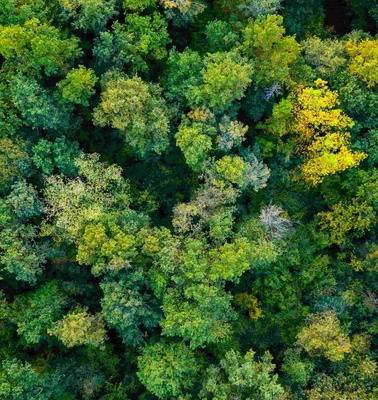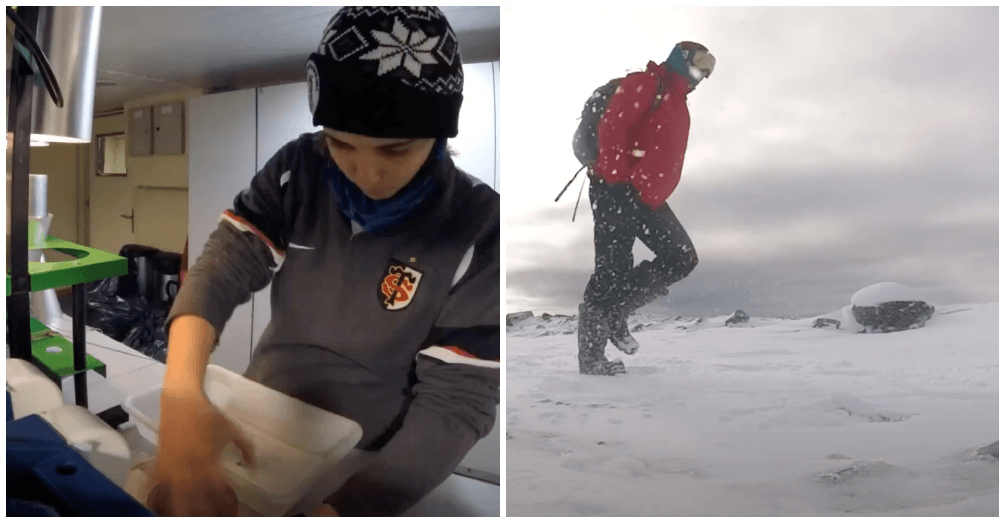
Greta Carrete
My journey as a Spanish researcher has spanned diverse ecosystems across Brazil, the UK, Australia, and Antarctica, fueling my passion for biodiversity conservation, climate change mitigation and sustainability. For the past five years, I’ve focused on developing web-based Geographic and Information Systems (GIS) platforms that empower decision-making in these areas. Recently, I joined Versant , a French startup, where I apply my research and industry experience to create ecological compensation solutions for project developers. My mission is to leverage technology to democratize scientific knowledge and drive real-world sustainability efforts.

"Sustainability is a complex field that requires knowledge in ecology, technology, and policy, and being able to bridge these areas is crucial."
Training future stewards of our environment
Greta Carrete has an impressive academic and professional profile. She holds an international doctorate in Conservation of Natural Resources from Universidad Rey Juan Carlos, where her research focused on modeling the risk of invasive species in Antarctica using global climate data. Later, as Head of Earth Science at climate intelligence company Cervest, she led the development of the Natural Capital module within EarthScan, a data modeling and machine learning platform. She’s also contributed to the E.O Wilson Foundation’s Half-Earth Project, migrating its data to the ESRI platform and creating educational tools such as Story Maps to raise awareness about biodiversity conservation.
In addition, Greta has been selected for leadership development programs, including the Santander W50 Emerging Leaders Program and the London School of Economics & Political Science Negotiation Programme. These diverse experiences have, she says, shaped her interdisciplinary perspective, which she brings into the classroom. Her work in GIS has extended into areas like art history, allowing her to appreciate its wide-ranging applications.
Greta finds teaching in the Bachelor of Environmental Sciences for Sustainability deeply rewarding. She values how students from different cultural backgrounds apply their unique perspectives to sustainability challenges. “It’s inspiring to see them embrace GIS tools and data visualization techniques to solve real-world environmental issues,” she states, noting that her students’ work shows how data interpretation can differ across cultural and geographical contexts.
Greta sees students’ diverse backgrounds as an asset that enriches classroom discussions and projects. Students often use their home regions as case studies, leading to innovative environmental solutions. However, she has faced challenges in the classroom, like teaching the importance of transparency in data processing. To address this, Greta emphasizes the need for thorough documentation and critical thinking at every step of data analysis. This approach helps students gain technical skills and develop a strong sense of responsibility in their work.
Greta balances teaching with her research and professional work and finds the challenge extremely rewarding. “My role at Versant, where we’re building solutions for ecological compensation, complements my teaching in the Bachelor in Environmental Sciences for Sustainability,” she explains. She brings industry insights into the classroom, while her students’ fresh perspectives inform her professional projects. This synergy keeps her at the forefront of both education and practice in environmental sciences.
Greta advises new sustainability students to embrace interdisciplinary learning and develop strong data literacy skills. She also emphasizes the importance of communication skills, particularly in making scientific data accessible to a wider audience through maps, infographics and storytelling.
